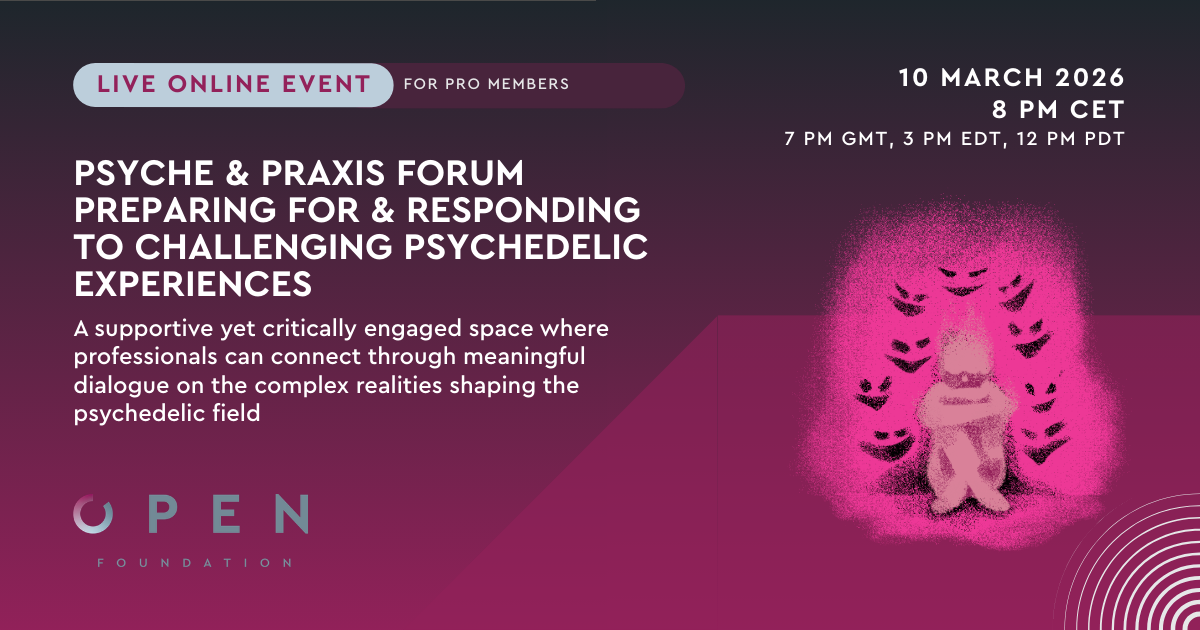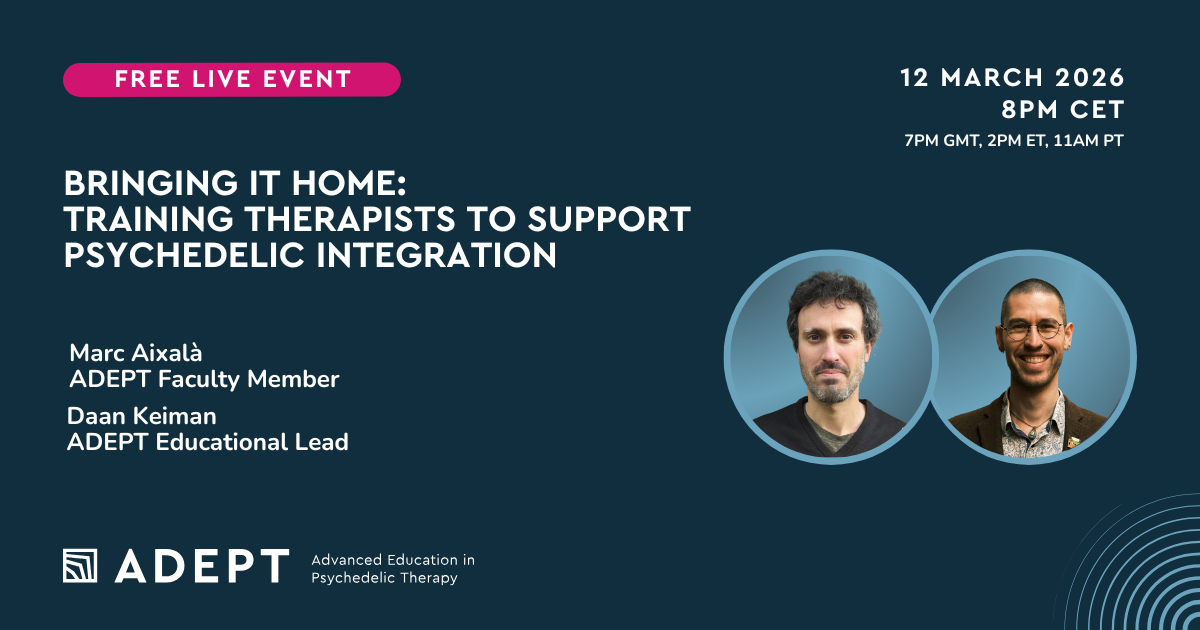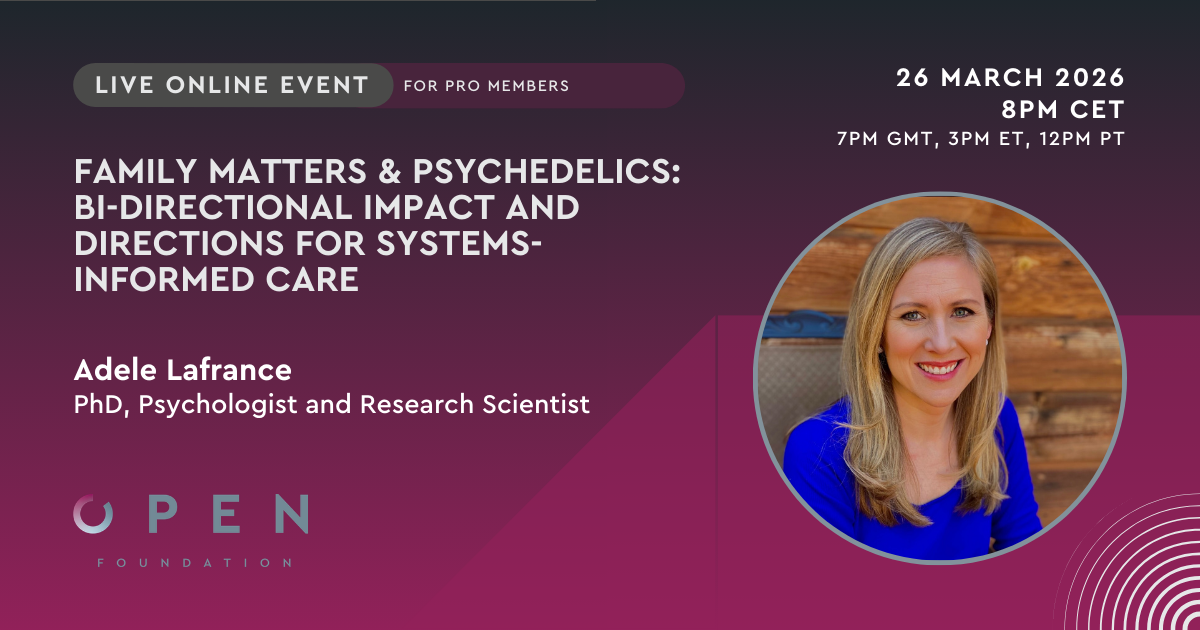Abstract
Recent evidence indicates that psilocybin with psychological support may be effective for treating depression. Some studies have found that patients with depression show heightened amygdala responses to fearful faces and there is reliable evidence that treatment with SSRIs attenuates amygdala responses (Ma, 2015). We hypothesised that amygdala responses to emotional faces would be altered post-treatment with psilocybin. In this open-label study, 20 individuals diagnosed with moderate to severe, treatment-resistant depression, underwent two separate dosing sessions with psilocybin. Psychological support was provided before, during and after these sessions and 19 completed fMRI scans one week prior to the first session and one day after the second and last. Neutral, fearful and happy faces were presented in the scanner and analyses focused on the amygdala. Group results revealed rapid and enduring improvements in depressive symptoms post psilocybin. Increased responses to fearful and happy faces were observed in the right amygdala post-treatment, and right amygdala increases to fearful versus neutral faces were predictive of clinical improvements at 1-week. Psilocybin with psychological support was associated with increased amygdala responses to emotional stimuli, an opposite effect to previous findings with SSRIs. This suggests fundamental differences in these treatments’ therapeutic actions, with SSRIs mitigating negative emotions and psilocybin allowing patients to confront and work through them. Based on the present results, we propose that psilocybin with psychological support is a treatment approach that potentially revives emotional responsiveness in depression, enabling patients to reconnect with their emotions.
Roseman, L., Demetriou, L., Wall, M. B., Nutt, D. J., & Carhart-Harris, R. L. (2017). Increased amygdala responses to emotional faces after psilocybin for treatment-resistant depression. Neuropharmacology. 10.1016/j.neuropharm.2017.12.041
Link to full text
Roseman, L., Demetriou, L., Wall, M. B., Nutt, D. J., & Carhart-Harris, R. L. (2017). Increased amygdala responses to emotional faces after psilocybin for treatment-resistant depression. Neuropharmacology. 10.1016/j.neuropharm.2017.12.041
Link to full text














